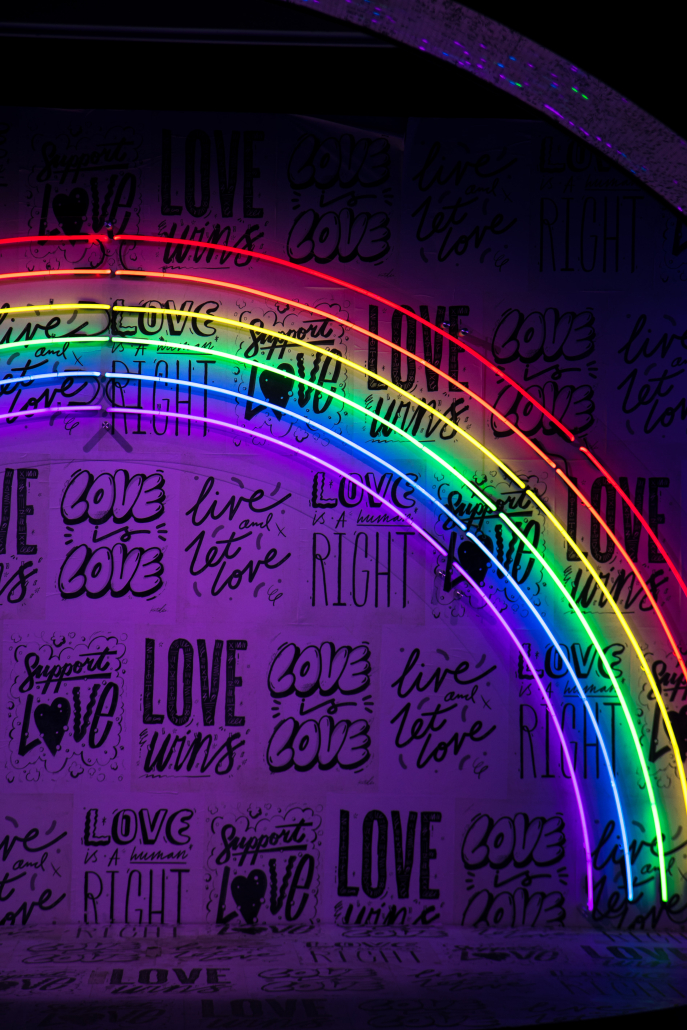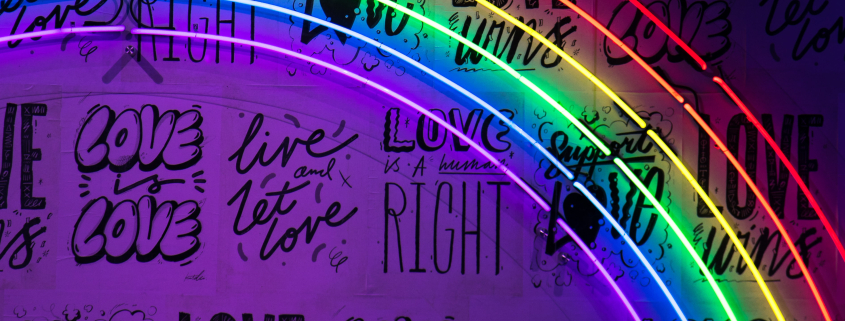The Girls are Gagged: Addressing USC’s top shortage

Welcome to “The Girls are Gagged,” ladies. Writing this is actually directly replacing my BetterHelp subscription, so buckle up and get ready for me to dump! Shoutout to Keke Palmer for coining the word gagged and creating the most Pisces song of all time, “Dreamcatcher.” We love you, girl.
Today’s urgent and pressing matter pertains to what has been referred to, by numerous sources within the queer space, as USC’s top shortage. Ahh, how beautiful. Gay men have made their bodies adjacent to toilet paper. Riveting.
For anyone who is confused, no, we are not referring to the clothing article. And for reasons pertaining to the word count, there will simply be no time to explain what a top and a bottom are. However, as an AnnenBaddie, I can help by saying that it’s similar to the process of communicating; there is sometimes a designated giver and a receiver. A quick Google search can address any confused person’s further curiosities. But for the lazy folks, it deals with who is in “control” during sex.
Back to our regularly scheduled discussion of the top shortage. When I first heard about our shortage, I chuckled. In agreement, of course. Listen … nobody is above the cold hard truth, not even me, as perfect as I am.
But then I thought about what my favorite YouTuber, Kimberly Nicole Foster ingrained in me. As a Black woman and cultural commentator who spoke about the politics of beauty, Foster taught me that desirability is inherently political — there are implications to what we seek and how we perpetuate it. And so I started to wonder, what conditions have created a need for such a statement? Why is it holding true despite how stupid it might sound?
Listen, maybe there is a top shortage. I’m not here to discredit anyone else’s personal experiences. What I am here to do is offer a critique of how desirability politics come into play and who they benefit. The panic-driven search and never-ending commodification of masculinity that drives us — particularly trans people and femme people — is nowhere near productive.
This so-called “shortage” implies that we are lacking tops or that there must be an even balance between bottoms and tops. If you think this conversation is merely about positions in sex, you are wrong. There is a historical context of gay men and women being forced — by straight society — to assign themselves gendered roles within their relationships. Thus, whether we like it or not, a conversation about tops and bottoms is actually a conversation about masculinity and femininity and about dominance and submission. Without unlearning this mindset, the gendered power dynamics which have been injected into the LGBTQIA community will remain at play.
I believe that this notion of a shortage of masculinity or tops is largely constructed by gay men who draw inspiration from heterosexual couples and their power dynamics.
Gay white men, who seem to derive the most capital and social power within the LGBTQIA community, wield their power to dictate how femininity should exist, within what context, who it should belong to and who it looks good on. For decades, they have marginalized Black lesbians out of gay liberation activism and failed to show up for trans communities — leaving various groups on the sidelines. Gay men have created their own space, but at the cost of perpetuating feminity under the grasp of masculinity, women under men, bottoms under tops, holes under poles.
If you go on Grindr, even just for a few seconds, you will find profiles that say “straight dl” (as in down-low or not out of the closet) or “dl masc” or “masc only.” While these functionally serve as terms of an agreement — i.e. this is how I identify and you must accept it — they are also means of indicating status. The more adjacent to a straight man you are, the more you are desired.
Sweetie, I hate to tell you, but your proximity to straightness doesn’t make you any less gay. At the end of the day, it really doesn’t matter who is at the top and who is at the bottom. Nor does the balance of masculinity and femininity need to be controlled. WHO CARES.
Our expressions of our gender identity do not and should not reduce our humanity or our worthiness and our freedom to seek and find love. What matters is that we cultivate an environment of mutual respect, one where we can appreciate femininity and engage in vulnerability.
Top or bottom, I don’t care. I’ve left the toilet paper aisle and I’m in queer space — reclaiming space for my femininity, appreciating its excellence outside of the context of masculinity and intentionally noticing its beauty.
Arjun Bhargava is a sophomore writing about differing identities and their role in our larger political & cultural landscape. Their column, “The Girls are Gagged,” runs every other Thursday.

